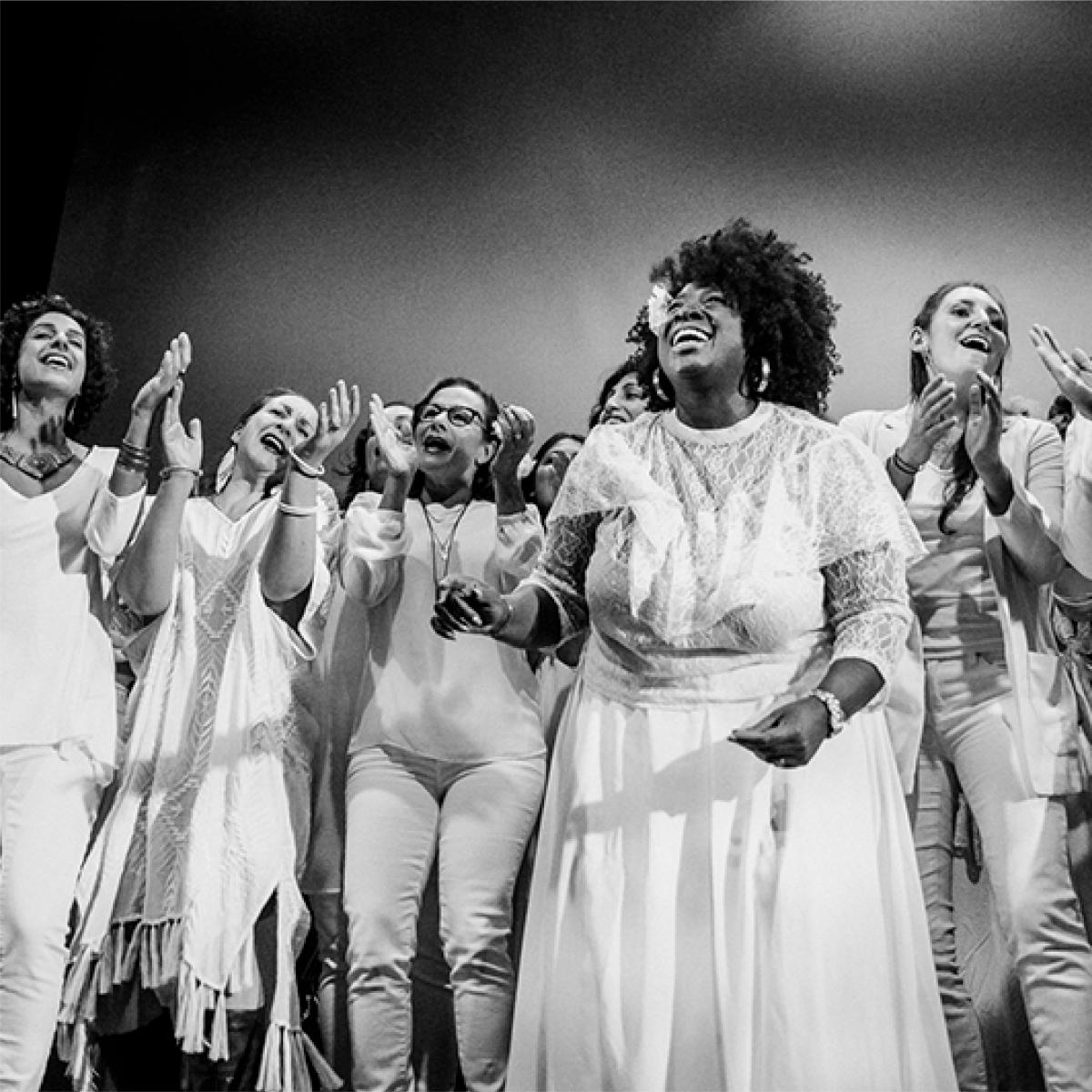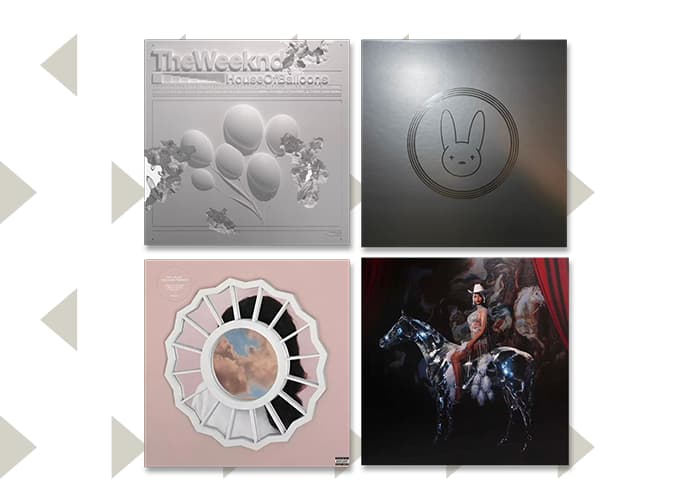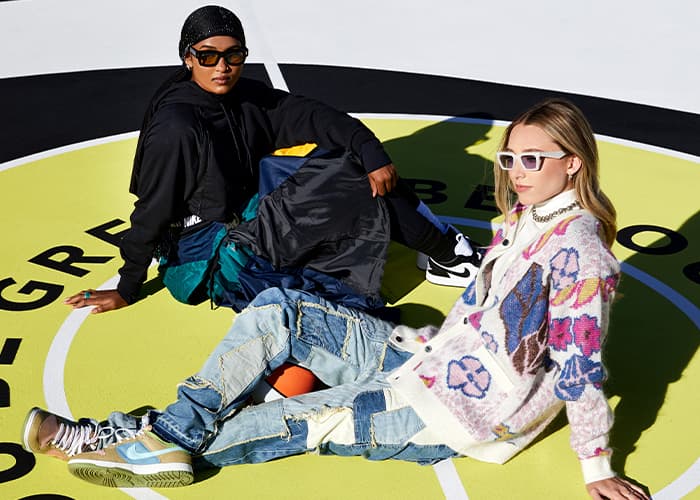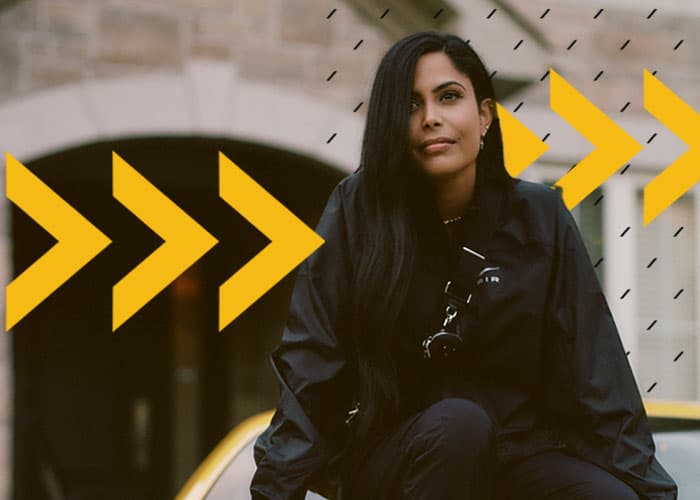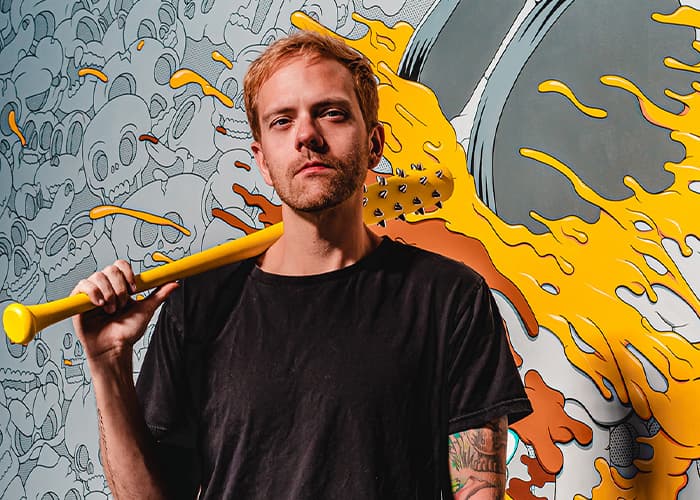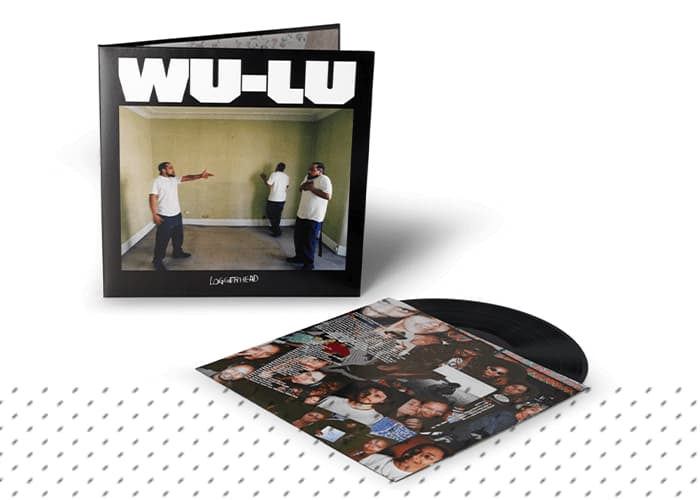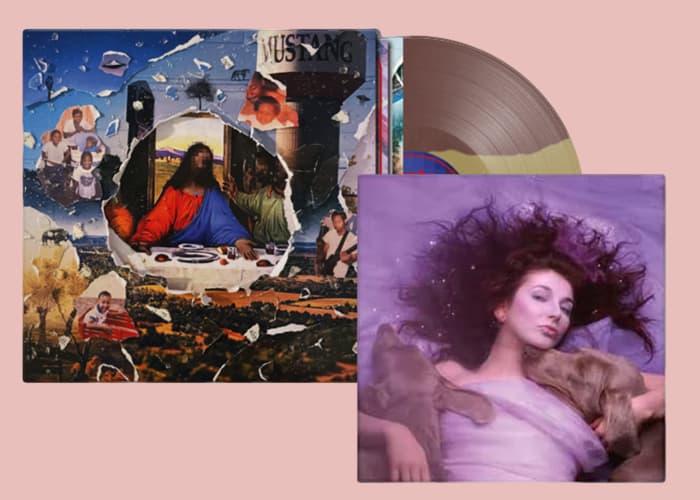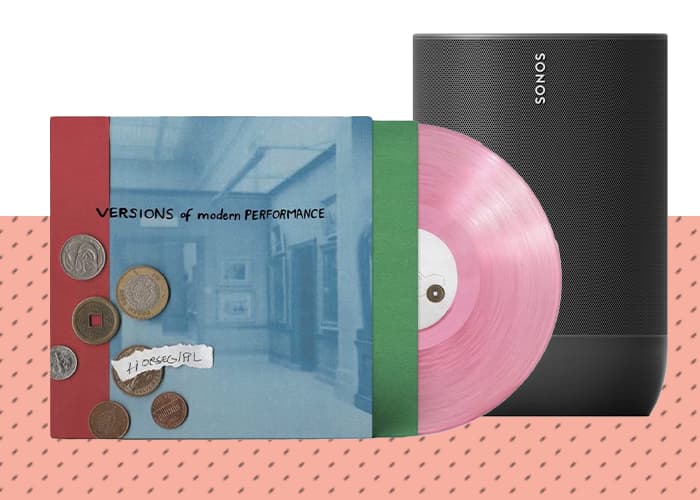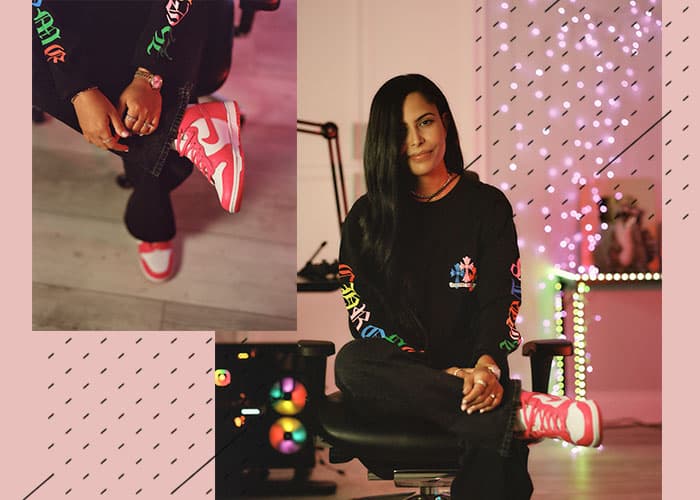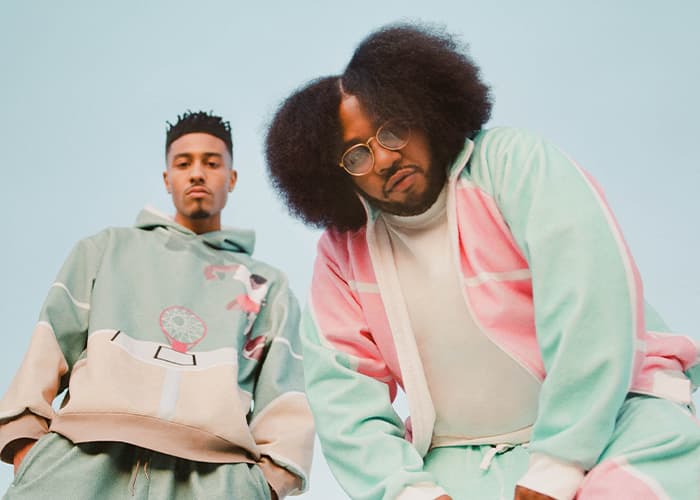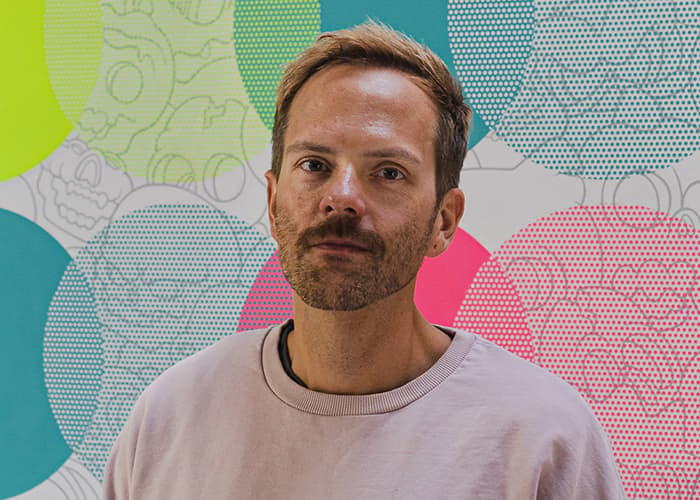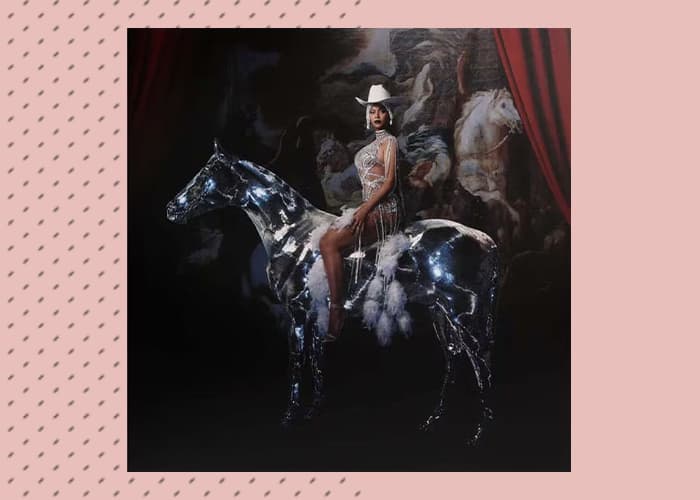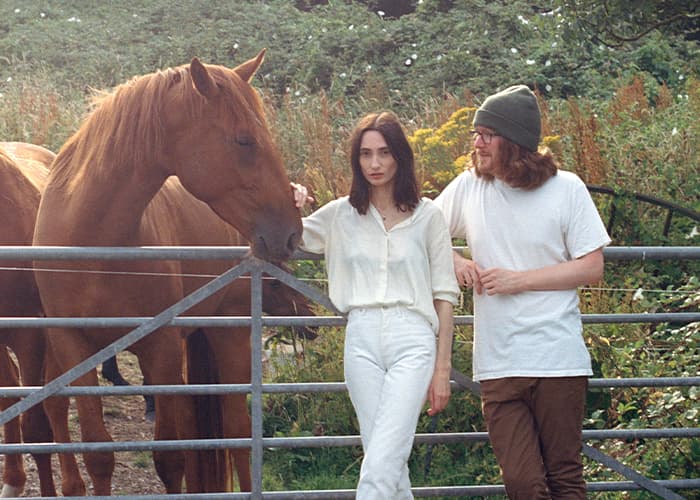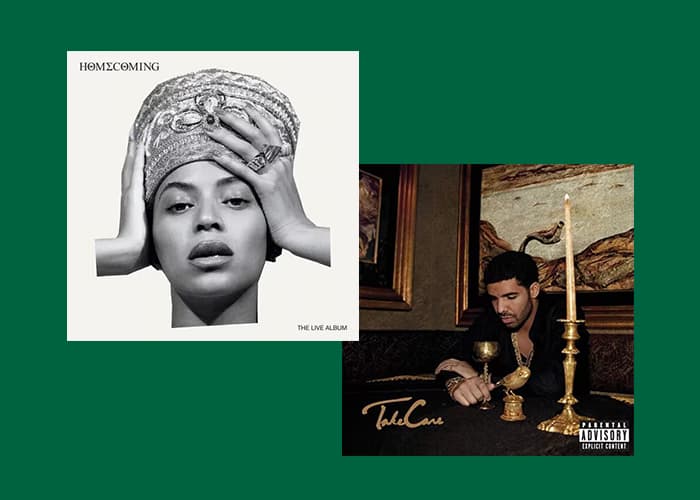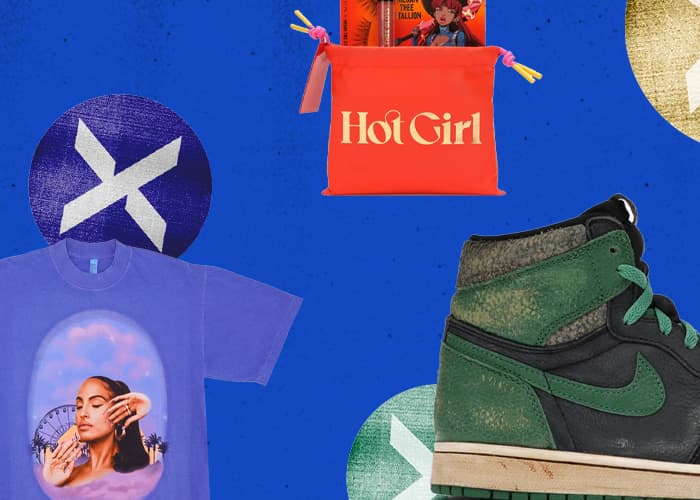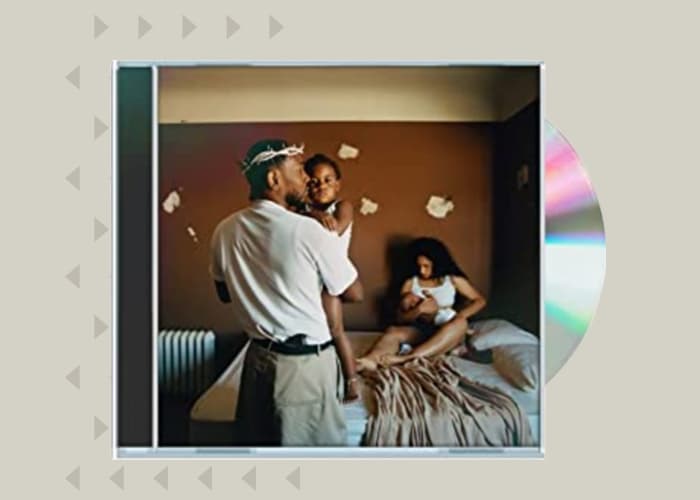The Resistance Revival Chorus (RRC) was born from the 2017 Women’s March. Since then, the chorus has grown, performed live all across the country, and released their debut album, This Joy, in October 2020. They are slated to perform as part of The People’s Inauguration, taking place January 21-31, promoting healing, justice, and collective action. The chorus remains the joyful noise of a community of women and non-binary activists who have chosen to come together in the spirit of joy and resistance, outlasting the outgoing administration.
The following interview has been edited for length and clarity.
How did you all first get involved with the RRC?
Meah Pace: I am originally from Maryland, but I’ve been living in New York for many years, maybe 15 years or so. I’m a touring musician with a band called !!! (Chk Chk Chk). We do like dance-punk music, and I also have my own music out. Around 2017, I got an email from a very good friend of mine. Jenna [Lauter], who now manages the Resistance Revival Chorus. She said: “Hey, would you like to come and join a group of women from all over New York?” At that point in my life, in the music business, I had been working with men a lot, and I was really craving being in circles with other women, craving that energy and community. And it just came at the right time. I was like, “Absolutely, yes, I want to come.” It was great.
Nilusha Dassenaike: I’m a singer and composer from Melbourne. I had just moved to New York at the end of 2017. It was a really difficult time. I’d never lived anywhere else. I was born in Sri Lanka and moved to Australia when I was five months old, but I never had the experience of migrating anywhere. I grew up as a woman of color in a predominantly white country, but then experiencing it as a migrant was a different thing. I’d been living in New York for three months and met Lee Taylor by chance at a gig, and she invited me to a rehearsal. And that was it! It helped me find my roots and a place in New York. It was life-changing.
Rebecca Lichtenfeld: I’ve worked at the intersection of arts and human rights for a long time. I worked with Peter Gabriel for a really long time, and I used to produce human rights benefit concerts with him for his human rights organization. I met Ginny Suss, the founder of RRC, through a project we did with The Roots. She reached out after the 2016 presidential election and said a group of women was getting together to sing. I said yes, and I showed up. I remember it was amazing to sing in a community and meet all these people who were doing amazing work and were so talented.
What are some of the influences and inspirations for the RRC?
Meah: Current events, as they are, are a huge inspiration to our art. We, as a chorus, like to breathe joy into our spaces where we perform. We also like to shine a light on different causes in spaces where we feel there’s darkness or where we hear there’s a darkness. We help push for equity and to uplift, and things like that. We reach to different places to find content, like the civil rights movement and different movements from the past.
Nilusha: The chorus’s beauty is that we hail from such diverse backgrounds, whether that’s musical, cultural, or geographical. We may have an established repertoire with strong roots in specific musical history. Still, because of this beautiful diversity in the chorus, we each bring all of that gorgeous background to the genres we sing in. I brought a song called Malcolm Smith to the chorus. It’s about the death of black men in police custody in Australia. Bringing it to the chorus, I was able to shine a light on the issues in Australia that also reflect black deaths in police custody in America.
Rebecca: I think there’s also been a really beautiful evolution of the chorus. We’ve been singing songs from the civil rights movement, songs rooted in real life, in important periods of time that are still relevant today. But to fulfill another part of the chorus’ goal to uplift women musicians, we’ve been doing more and more original pieces from chorus members.
What is the most overrated?
Nilusha: Things, material things, are overrated. The pandemic taught me that I don’t need much. I just need love, some shelter, food, and self-care. I’ve got my puppy, I’ve got my partner, and I’m ok. So I think material things are overrated.
What is the most underrated?
Rebecca: Based on the experience of being a mother of two little children during a pandemic, our public school systems are very underrated. Not just education, but the very infrastructure designed to address food insecurity, and safety and services. We need the public education system, and we need people to believe in it, value it, and invest in it.
Meah: Something that I feel is completely overrated is wealth, money. I’ve been learning to see people’s reasons for supporting a fascist leader had more to do with wealth and money than with human beings, the wellbeing of the planet, or their neighbors. We look around us in the middle of a pandemic, and who are the people saving our butts? It’s the essential workers, the nurses, the people making sure we have food and clean streets. These people are completely underrated—also artists. I’m getting through all this with the help of many books, music, and Netflix. A lot of art.
Nilusha: Mental health and the pandemic’s effect on it is underrated and not supported properly. The impact of losing or limiting connection to community in the wake of the pandemic and lockdowns is something I feel is underrated and super impactful on mental health and mental health services.
What are you all excited about right now?
Rebecca: I’m excited about seeing my friends shine in this chorus. We have a new video out with our sister Deva Mahal. I’m just excited for the world beyond New York and the places we’ve been able to perform live to be able to see what we care about, what we’ve been doing, and what this idea of a radical, joyful community looks like. I’m excited about the vaccines. I’m excited bout a new administration and some quick Executive Orders to get some things back in place. I’m also excited for the continuing evolution of everyone’s understanding of Black lives mattering in this country and worldwide.
Meah: I’m excited about Kamala Harris and Joe Biden. I’m really, really excited about Kamala Harris. It’s just so cool to see a Black, biracial woman out there doing it. It’s very uplifting. It’s very cool. I’m excited about seeing us come out of this darkness. We will come out so much stronger and so much more self-aware as a country. I hope we start looking left and right and say, “What can we do for each other?” And I’m excited about our album, This Joy.
Nilusha: This is in no particular order. I’m excited about our beautiful album. Kamala Harris. It was 4:00 AM in Sydney when I got the news, and I had the same feeling as when Barack Obama was elected. I will never forget where I was when I heard. Growing up as a woman of color from South Asia, I never thought somebody like me would have such a central place in the world. It means everything to me.
What are you all looking forward to in the New Year?
Nilusha: The vaccine, definitely. The vaccine will mean we can all sing together. I’m also looking forward to a new dawn and a new day after the last four years of such a reign of terror.
Rebecca: I’m looking forward to less fear, more family, live music, live performances, libraries, and museums. I’m looking forward to schools reopening and kids being in school. And I can’t wait to trust in our leaders again and trust their abilities to lead. I can’t wait till we can all be together again.
Meah: I can’t wait to get on a packed, squished stage with that Resistance Revival Chorus in front of a great big sea of sweaty, dancy, happy people at a festival somewhere, or even somewhere in Brooklyn. I can’t wait till we can get together and sing! We can all just be in a room together and not worry about anything and actually get free, hug each other, and sing and dance.


